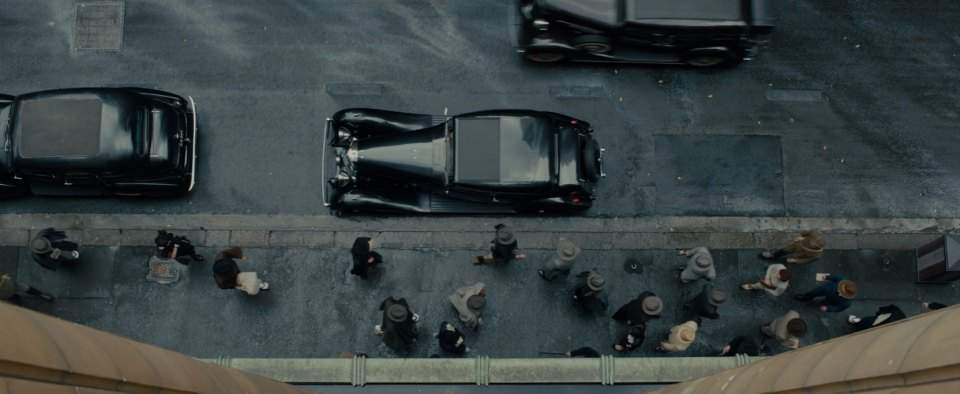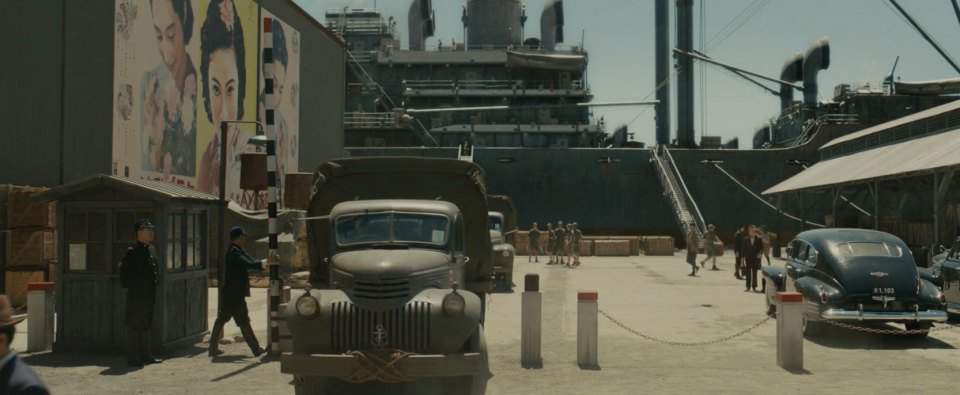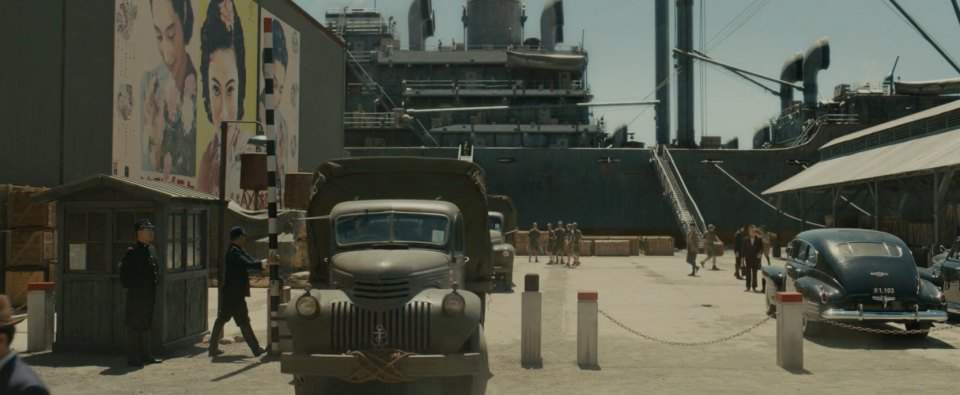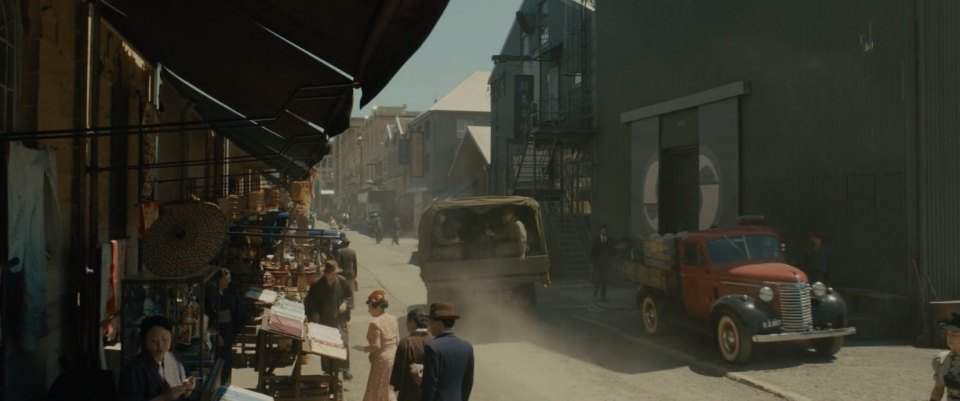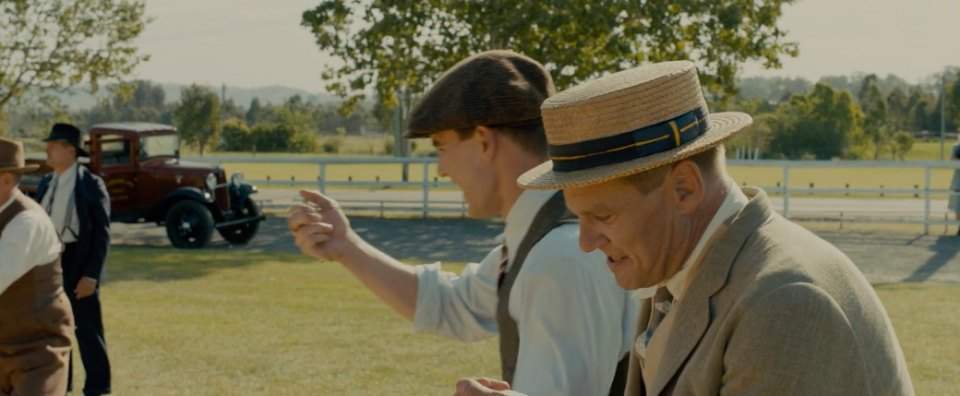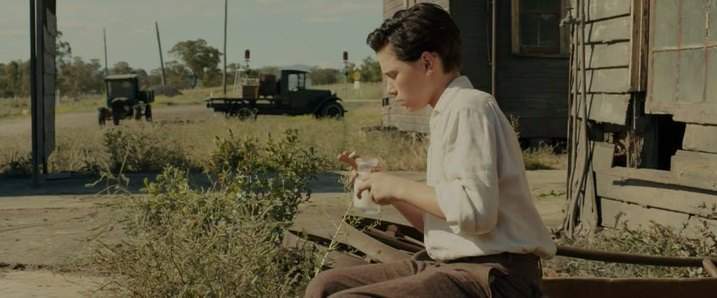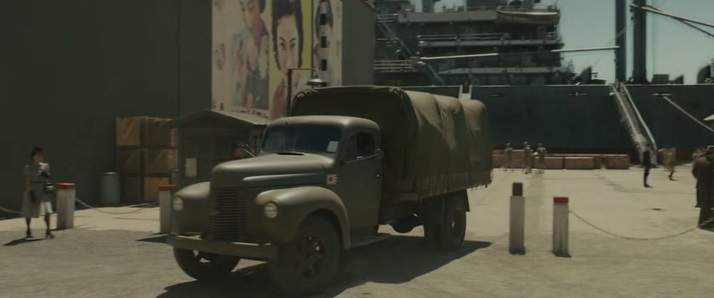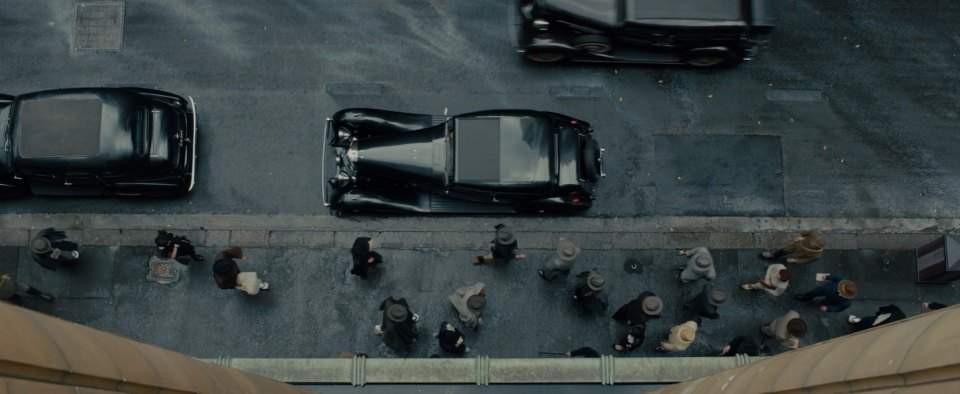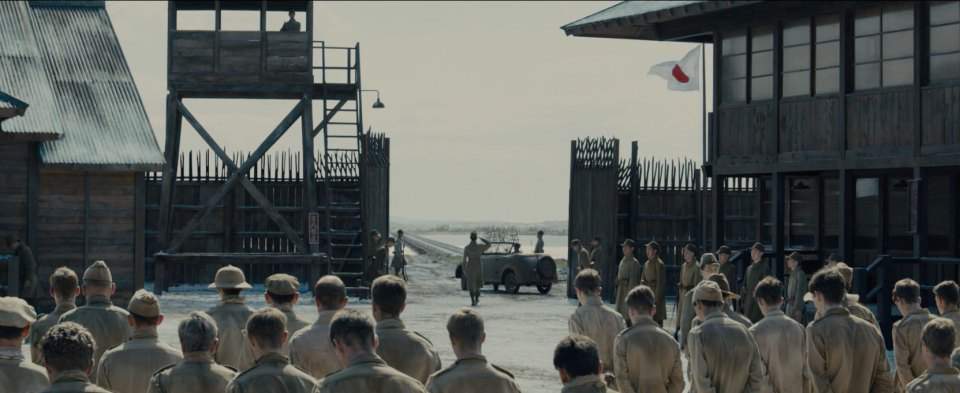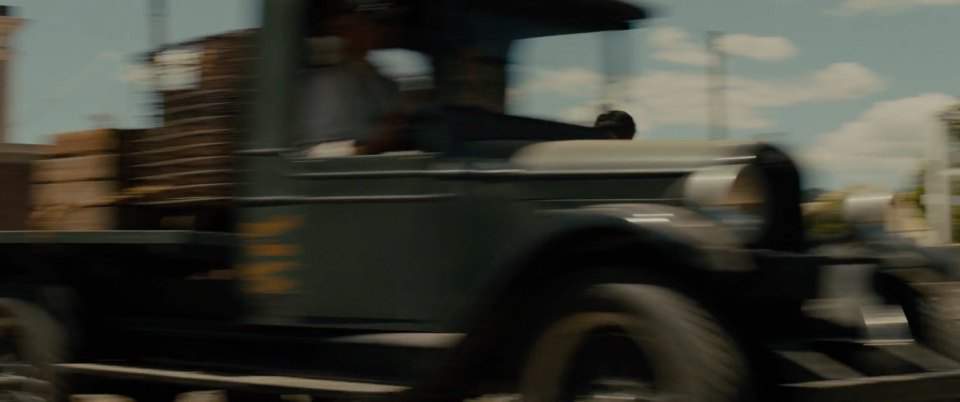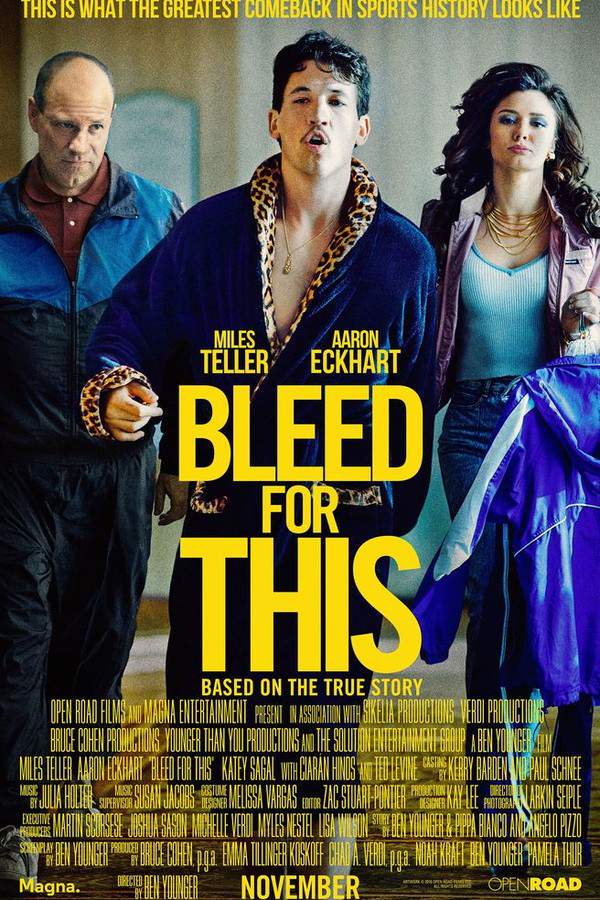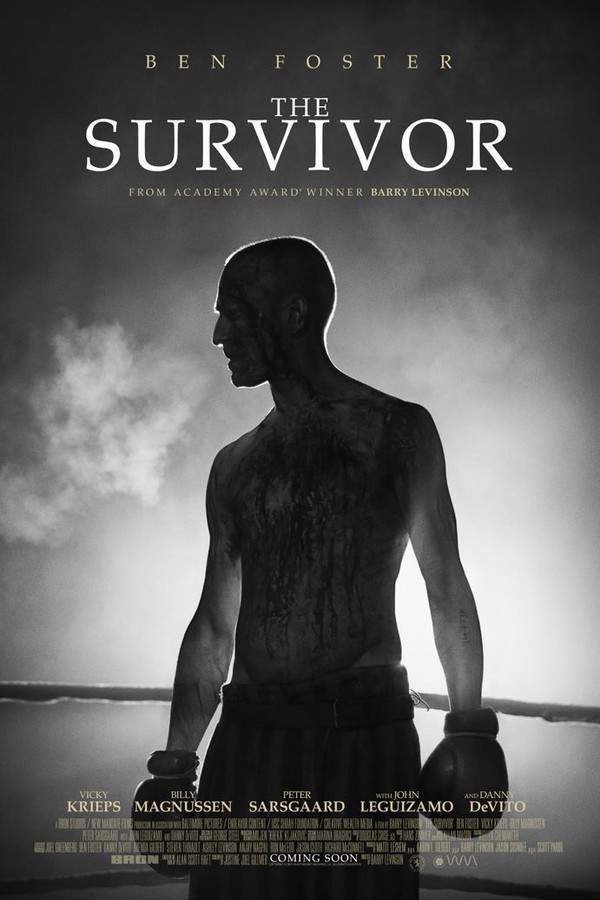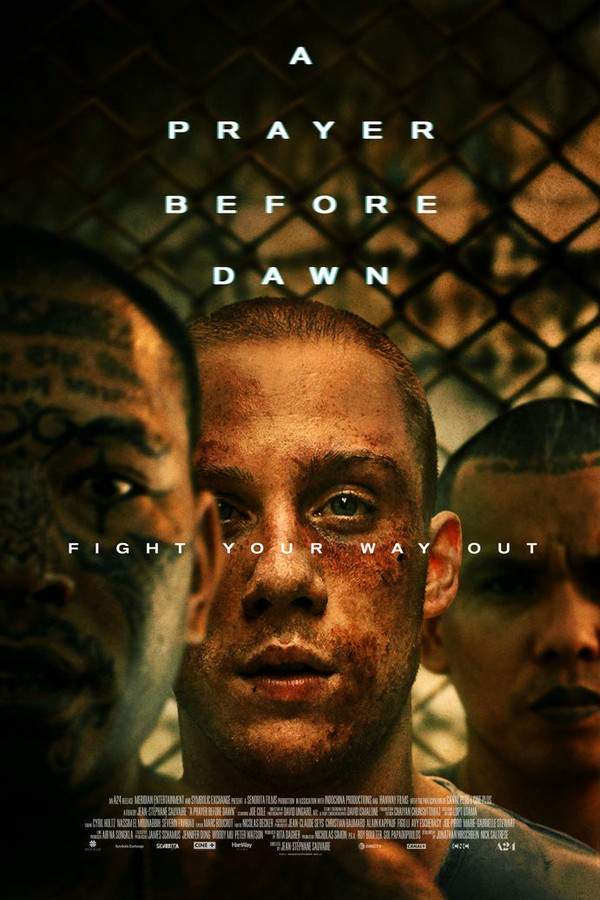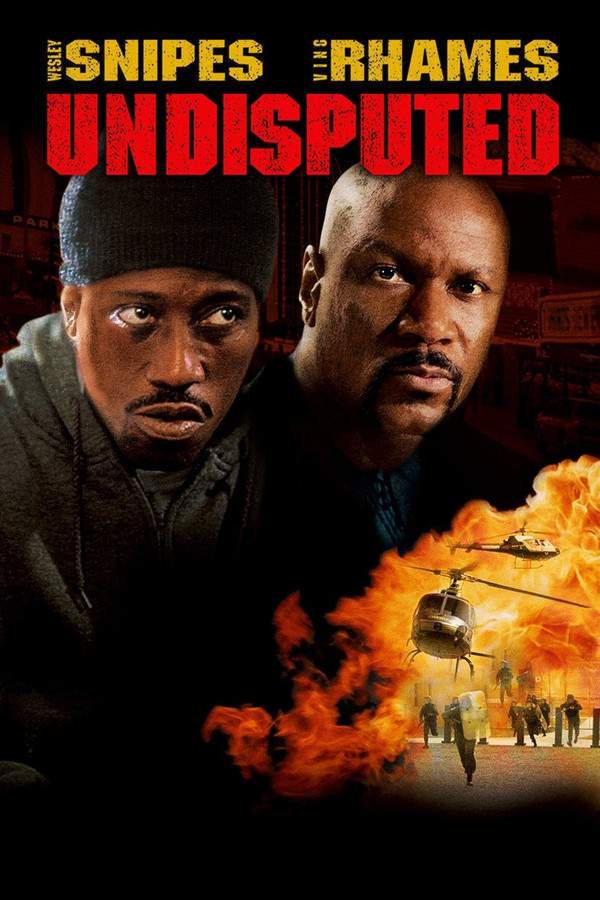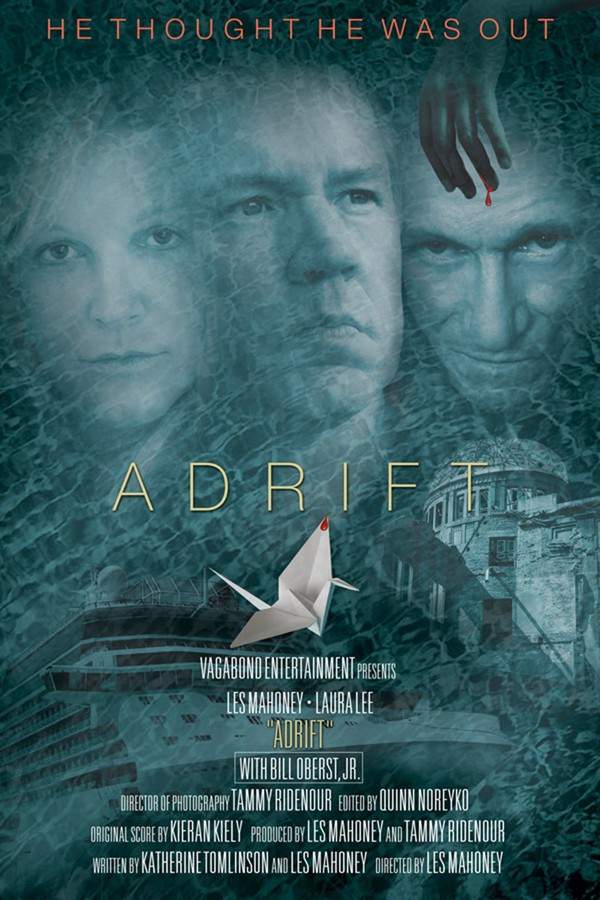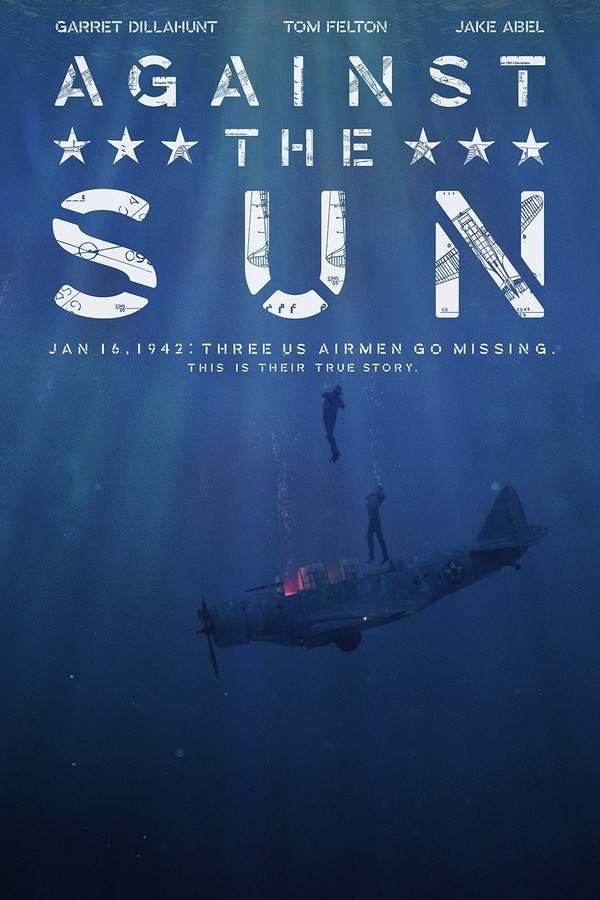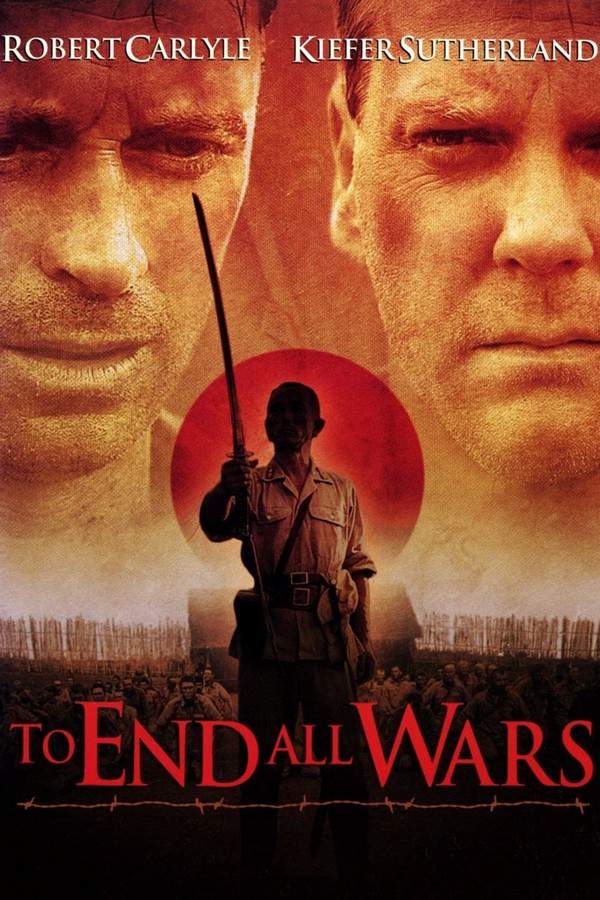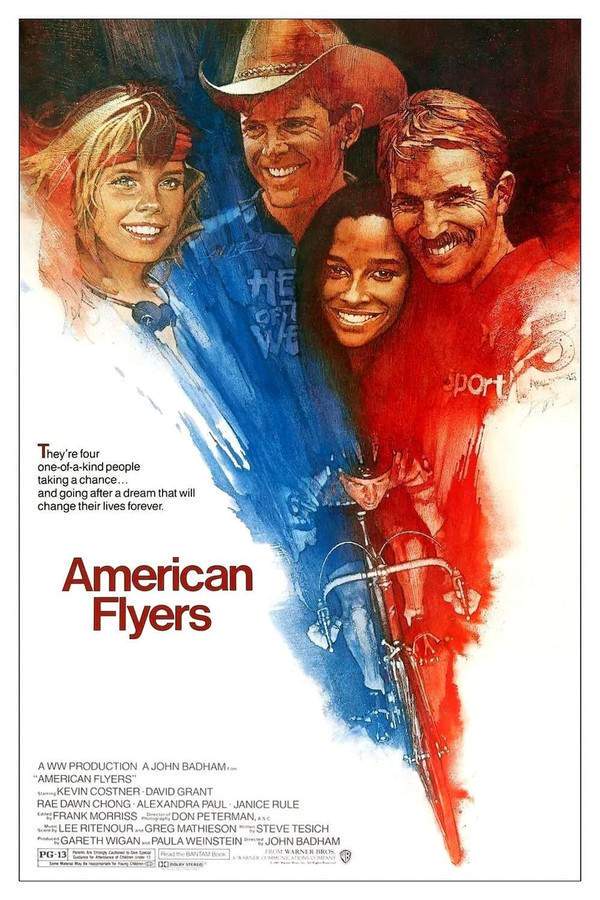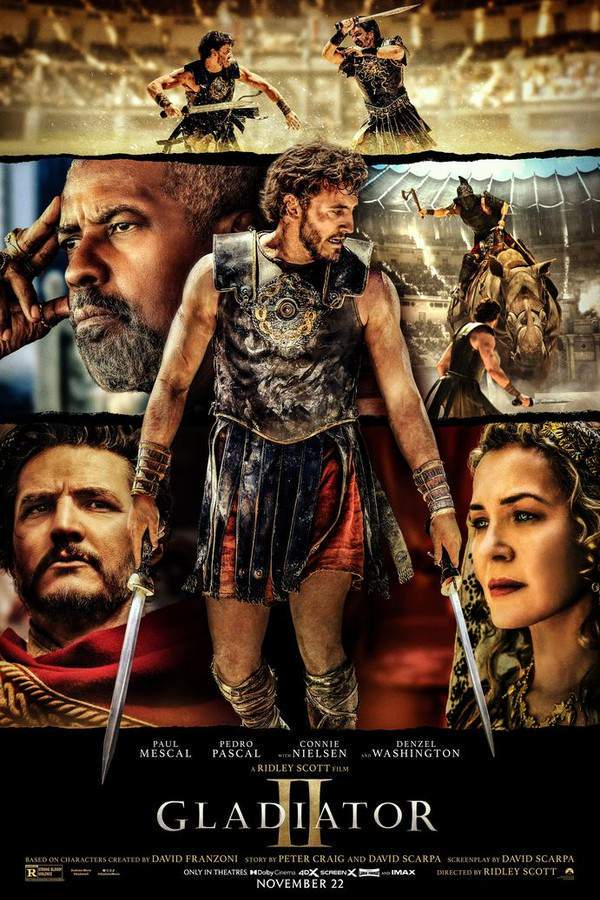Unbroken 2014

During World War II, Olympic athlete Louis Zamperini's plane crashes into the Pacific Ocean. He and two companions find themselves adrift on a life raft, struggling to survive for 47 days amidst the vast and unforgiving sea. Their ordeal continues when they are captured by the Japanese and Zamperini is sent to a prisoner-of-war camp, where he faces brutal conditions and unimaginable cruelty, pushing his resilience and will to live to the absolute limit.
Does Unbroken have end credit scenes?
No!
Unbroken does not have end credit scenes. You can leave when the credits roll.
Meet the Full Cast and Actors of Unbroken
Explore the complete cast of Unbroken, including both lead and supporting actors. Learn who plays each character, discover their past roles and achievements, and find out what makes this ensemble cast stand out in the world of film and television.
External Links and Streaming Options
Discover where to watch Unbroken online, including streaming platforms, rental options, and official sources. Compare reviews, ratings, and in-depth movie information across sites like IMDb, TMDb, Wikipedia or Rotten Tomatoes.
Ratings and Reviews for Unbroken
See how Unbroken is rated across major platforms like IMDb, Metacritic, and TMDb. Compare audience scores and critic reviews to understand where Unbroken stands among top-rated movies in its genre.

59
Metascore
6.5
User Score

7.2 /10
IMDb Rating

74
%
User Score

3.5
From 1K fan ratings

4.30/5
From 110 fan ratings
Take the Ultimate Unbroken Movie Quiz
Challenge your knowledge of Unbroken with this fun and interactive movie quiz. Test yourself on key plot points, iconic characters, hidden details, and memorable moments to see how well you really know the film.
Unbroken Movie Quiz: Test your knowledge on the remarkable journey of Louie Zamperini in the film 'Unbroken'.
What was Louie's talent that earned him a spot in the 1936 Olympics?
Running
Swimming
Baseball
Cycling
Show hint
Awards & Nominations for Unbroken
Discover all the awards and nominations received by Unbroken, from Oscars to film festival honors. Learn how Unbroken and its cast and crew have been recognized by critics and the industry alike.
87th Academy Awards 2015
Cinematography
Sound Editing
Sound Mixing
20th Critics' Choice Awards 2015
Best Picture

Best Adapted Screenplay
Best Cinematography
21st Screen Actors Guild Awards 2015
Outstanding Performance by a Stunt Ensemble in a Motion Picture
Full Plot Summary and Ending Explained for Unbroken
Read the complete plot summary of Unbroken, including all major events, twists, and the full ending explained in detail. Explore key characters, themes, hidden meanings, and everything you need to understand the story from beginning to end.
In the opening sequence, we witness a World War II US Air Corps B-24 Liberator bomber soaring through the vast Pacific Sky. Louie Zamperini (Jack O’Connell), the bombardier, and his crew are deep in a bombing mission targeting a Japanese-occupied island. Despite taking severe hits from enemy anti-aircraft fire that injures many aboard, thanks to their skillful pilot, Phil (Domhnall Gleeson), and Louie’s expertise, they manage to land the damaged plane safely.
The narrative shifts to Louie’s childhood in Torrance, California, where a confrontation with bullies leads to a police escort home, introducing us to his traditional Italian-American family. Louie’s quick legs are discovered when he escapes trouble at a baseball game, prompting his older brother to train him rigorously. As years pass, he becomes the fastest runner in his school’s history and earns a spot in the 1936 Summer Olympics in Berlin, Germany, where, despite finishing last, he remarkably sets an American world record.
Fast forward to the present, Louie and his crew, having been reassigned to Hawaii, train vigorously, with Louie astonishing his comrades by breaching the four-minute-mile—a remarkable feat. However, disaster strikes when they receive a defective B-24 for a mission meant to locate a downed aircraft. Mechanical failure causes their plane to plunge into the ocean off Oahu, leading to the tragic loss of eight crew members; only Louie, Phil, and Mac (Finn Wittrock) manage to escape on lifeboats.
As the trio fights for survival, their meager rations dwindle—a single piece of chocolate each day and scarcely any water. On the third day, an aircraft passes overhead, prompting desperate attempts to signal for help, all tragically ignored. The dire circumstances continue to degrade, with bug bites and dehydration taking their toll. Louie and his friends even resort to eating an albatross that has ventured onto their lifeboat, but it only induces nausea. Instead, they cleverly use it as bait to catch fish, even as sharks begin to circle around.
After enduring this bleak existence for 29 days, salvation seems near when another plane appears. However, instead of rescue, it opens fire on them. In a frenzied struggle for survival, Louie dives under the water while Mac and Phil remain huddled in the raft, dodging bullets until the aircraft retreats, leaving the survivors to patch their lifeboat.
As nearly 50 days at sea wears on, conditions become unbearable, and Mac loses his fight against despair, necessitating a burial at sea. Soon after, Louie and Phil are taken captive by the Japanese forces. They find themselves in a P.O.W. camp where they’re abruptly informed of their status as enemy prisoners, subjected to brutal treatment by the sadistic Mutsushiro Watanabe (Miyavi), known as “the Bird.” His cruelty is relentless, particularly fixated on Louie, whom he torments and ridicules.
Within the camp, Louie finds himself in a nightmarish scenario, forced into humiliating and painful situations for the entertainment of his captors. Despite the torment, he shows remarkable resilience, taking punches from his fellow inmates to protect his friend Phil, and enduring unimaginable hardship even while in solitary confinement.
Despite the grim circumstances, Louie becomes a symbol of hope and resilience among the prisoners; as they are moved to yet another camp due to allied bombings, his spirit remains unbroken. One fateful day, under the Bird’s command, he holds a massive steel beam aloft for hours—a display that earns him admiration from fellow captives.
Finally, the war ends, and Louie emerges from the horrors of the camp. However, his turmoil does not dissipate, as he confronts the memories of his torturer through the photograph of the Bird as a child. Returning home, he is warmly welcomed by his family, a scene mirrored by historic photographs from the era. The film closes with a poignant reminder of how Louie Zamperini maintained his faith, forgiving his captors and later returning to the Olympics in 1998 as a torchbearer. His remarkable journey ends with his passing in 2014, just months before the film’s release, encapsulating a life rooted in resilience and redemption.
Uncover the Details: Timeline, Characters, Themes, and Beyond!

Coming soon on iOS and Android
The Plot Explained Mobile App
From blockbusters to hidden gems — dive into movie stories anytime, anywhere. Save your favorites, discover plots faster, and never miss a twist again.
Sign up to be the first to know when we launch. Your email stays private — always.
Watch Trailers, Clips & Behind-the-Scenes for Unbroken
Watch official trailers, exclusive clips, cast interviews, and behind-the-scenes footage from Unbroken. Dive deeper into the making of the film, its standout moments, and key production insights.
Cars Featured in Unbroken
Explore all cars featured in Unbroken, including their makes, models, scenes they appear in, and their significance to the plot. A must-read for car enthusiasts and movie buffs alike.
Unbroken Themes and Keywords
Discover the central themes, ideas, and keywords that define the movie’s story, tone, and message. Analyze the film’s deeper meanings, genre influences, and recurring concepts.
Unbroken Other Names and Titles
Explore the various alternative titles, translations, and other names used for Unbroken across different regions and languages. Understand how the film is marketed and recognized worldwide.
Similar Movies To Unbroken You Should Know About
Browse a curated list of movies similar in genre, tone, characters, or story structure. Discover new titles like the one you're watching, perfect for fans of related plots, vibes, or cinematic styles.
Quick Links: Summary, Cast, Ratings, More

What's After the Movie?
Not sure whether to stay after the credits? Find out!
Explore Our Movie Platform
New Movie Releases (2026)
Famous Movie Actors
Top Film Production Studios
Movie Plot Summaries & Endings
Major Movie Awards & Winners
Best Concert Films & Music Documentaries
Movie Collections and Curated Lists
© 2026 What's After the Movie. All rights reserved.





















